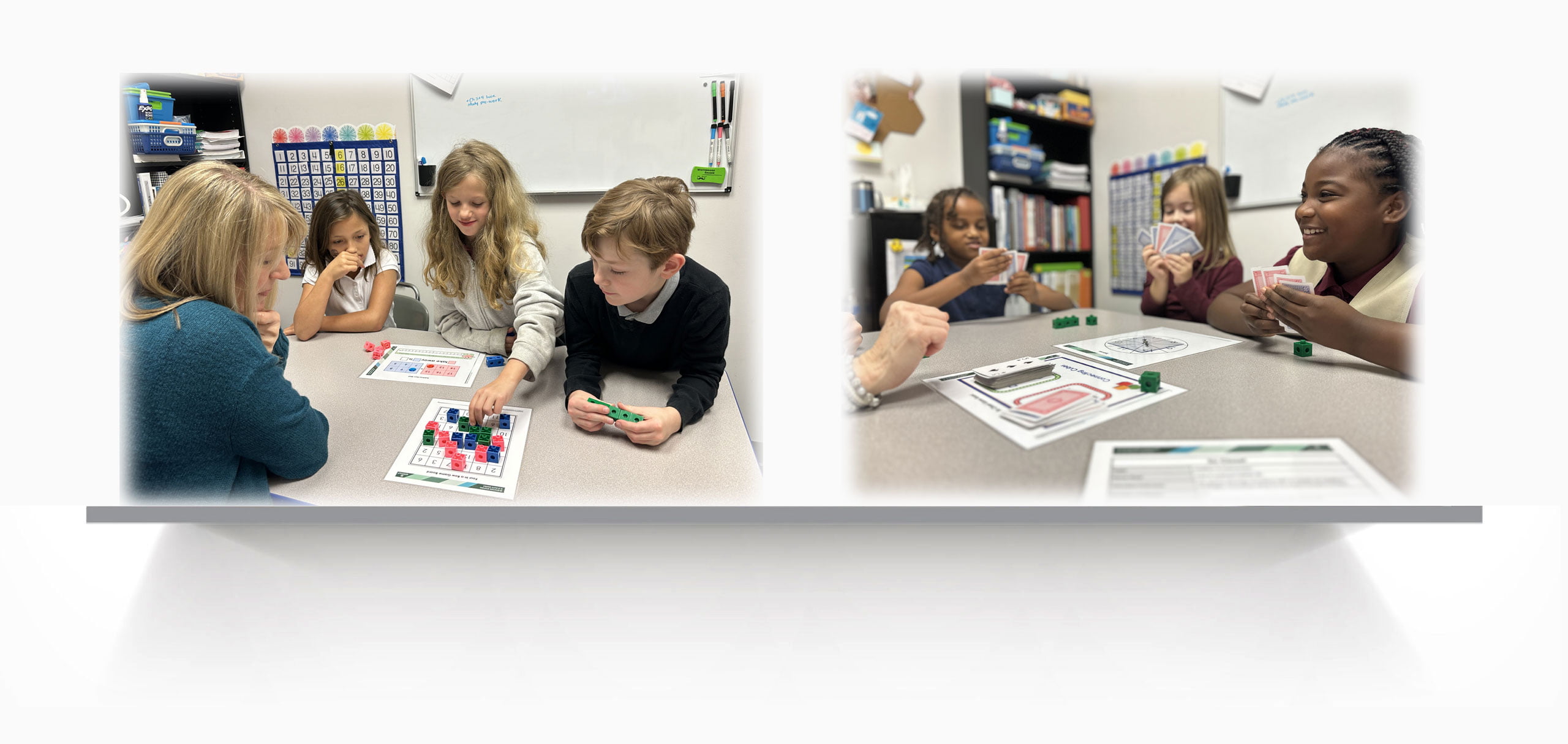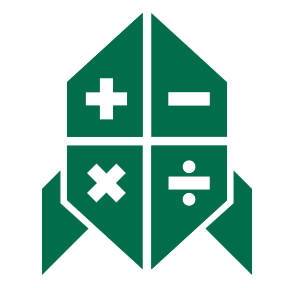
Emerald Education’s Elevation Station Math Games increase motivation for students while providing teachers a comprehensive resource that aligns with any core curriculum.

Develops reasoning, communication, and strategic thinking
Increase access for diverse learners
Formative data tools help guide instructional decisions
Questions reveal student thinking about math content and game strategy
Developed using research on procedural fluency in mathematics
Based on NCTM’s Effective Mathematics Teaching Practices
Games build procedural fluency from conceptual understanding
Students develop procedural fluency efficiently and joyfully


Emerald Education’s Elevation Station Math Games are flexible, providing both intervention and enrichment! They are intentionally aligned to mathematics skills and strategies that span state standards, centering on the progression of a topic across grade levels. Games are used to support unfinished learning as well as advance thinking for students ready for additional challenges. Through collaboration and communication with peers, games focus on active learning and developing strategic thinking. Various strategies are explored in each game, which increases accessibility, and language development is supported with question and sentence stems.
You have probably seen math games of many different styles and varieties before. How are our games different?
Each game includes questions teachers can use to elicit student thinking about math content, game strategy, or the development of academic language

Elevation Station Math Games are comprehensive, featuring teacher tools and resources, student materials for game play, and pre-, post-, and formative assessments. They are organized by mathematical topics and broken down into focus areas to assist students in their problem-solving and mathematical abilities. The intended outcomes of the games provide information for teachers to align individual games to student needs and the specific skills they are developing.
Each focus area comes with a monitoring chart that outlines the continuum of learning for a given topic and provides questions for teachers to elicit student thinking. The charts also provide direction for teachers in gathering formative data to help guide instructional decisions. From a student perspective, the questions offer timely feedback.
Games provide teachers with instructional flexibility.
“The Elevation Station Math Games are a departure from what our students have been exposed to in the past. The games easily allow for longer ‘play’ sessions that maintain student engagement and enhance critical thinking. Each is very comprehensive — complete with directions, intended outcomes, discussion starters, and progress monitoring charts. Our kids are always excited when they know our lesson includes an Elevation Station Math Game.” – Lynne Allen, Envision Science Academy

Research guided the development of Elevation Station Math Games, which support fluency development building from conceptual understanding and focusing on strategy selection and use. The design of the games, specifically the seven significant reasoning strategies, is based on the work of Jennifer Bay-Williams and John J. SanGiovanni in the book Figuring Out Fluency in Mathematics.
NCTM’s Effective Mathematics Teaching Practices was used to guide the development of the monitoring chart, a teacher resource for each game that provides purposeful questions to be posed to students. The Standards for Mathematical Practice are evident in the games as students engage in mathematical discourse, make comparisons and selections for the tools they use, and analyze patterns.

Children enter school with a natural curiosity and find enjoyment in the mysteries surrounding mathematics. As they progress through the early elementary years, the wonders of math typically dissipate and are replaced with rules to memorize and algorithms to practice.
As children advance in their problem-solving and mathematical abilities, they rely on relationships built between different types of problems and ideas, procedural fluency, and fact fluency. Although there are varying opinions on timing and approaches, research indicates that children with basic fact fluency tend to be more successful in advanced math. Procedural and fact fluency free up working memory and allow children to focus on more complex math, problem-solving, and reasoning.
We believe that developing procedural fluency should not be a chore; it can be engaging and fun with the intentional use of games. It is with all of this in mind that our games have been crafted. Students develop procedural fluency in a flexible (strategy selection and use) and engaging (the games bring joy) environment that stresses strategic thinking and mathematical discourse. Our approach to games builds procedural fluency from conceptual understanding, and both continue to evolve iteratively.
Send us a message and we’ll get back to you shortly.
Emerald Education, Inc. (EE) is a women-owned minority business based in Asheville, North Carolina and serves the entire U.S.